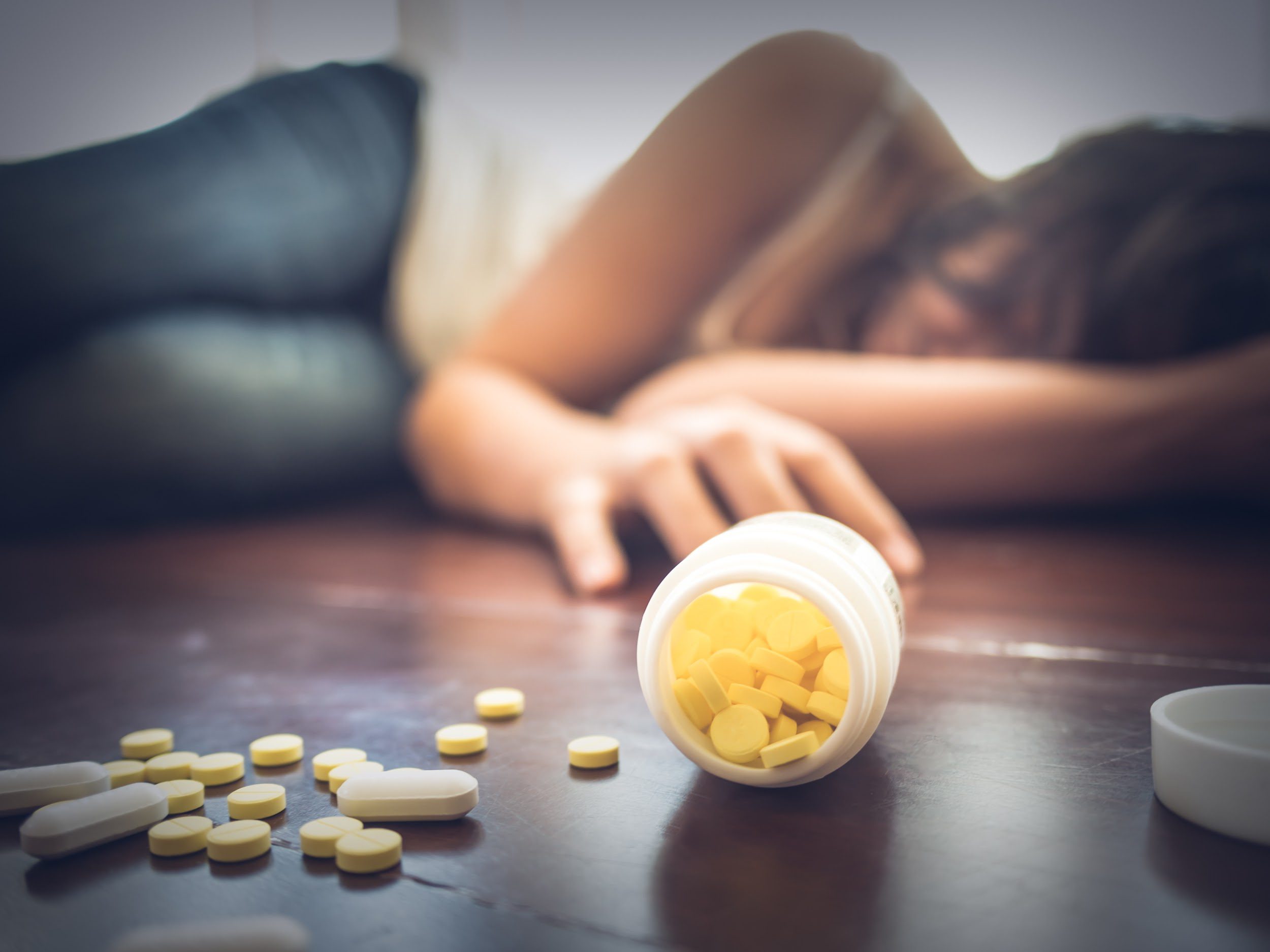7 Reasons To Seek Addiction Treatment
Substance use disorder, which is more colloquially known as drug addiction, is a serious mental...
toll free: 844.955.3042
local tel: 561.464.6505
fax: 561.450.6637
info@recointensive.com
RECO Intensive
140 NE 4th Avenue
Delray Beach, FL 33483
Prescription drug addiction is not something that occurs overnight. Unlike some other types of illegal drugs where you use them a few times and you are hooked, developing a substance abuse problem with prescription medication takes time.
There are several stages that one will go through long before reaching addiction. Understanding these stages can help you determine if you are on the path to abusing prescription drugs and whether you should seek addiction treatment help.
Your doctor has written you a prescription for anti-anxiety medication, painkillers, or some other type of drug to help alleviate pain, soreness, or feelings of stress and anxiety. You take the drug as directed. You have no problems stopping the drug under the guidance of your doctor.
This stage covers two related signs of prescription drug abuse. The first one is if you start using prescription medications that you do not have a prescription for. You may want to try a certain medication prescribed for a friend or family member.
They might be willing to give you a painkiller if you are feeling achy. They may give you an anti-anxiety pill if you are feeling stress and tension from work or some other event. Whatever the reasons, your objective is to try to feel better using someone else’s prescription.
The second one is when you already have a prescription for the drug. From continued use of the drug, you start to notice that the drug does not feel like it is working. So, you decide to take more than the recommended dosage or take the medication more often than prescribed.
Once a person reaches this stage, they have started to develop a tolerance for prescription drugs. The effects the prescription drugs are meant to deliver are no longer effective. The person is taking double, triple, quadruple, or more of the drug just to achieve the desired effects.
This is a critical stage for the drug mis-user. If they continue down the path they are on, they will most likely develop a dependence for their prescription drug. Furthermore, this stage is often a gateway to addiction, especially if the person is abusing more than just prescription medications.
If they drink, smoke cigarettes, vape, or use other illegal substances, the effects can compound. As such, it is easier to get stuck using and abusing a wide range of substances that do lead to addiction.
Dependence is where the person starts to rely more and more on prescription drugs to get through their day. They may make excuses that the drug helps them think more clearly or takes away all their chronic pain.
A common symptom of prescription drug abuse at this stage is that the person will start to notice withdrawal symptoms the moment they stop using the drug. They can no longer stop using the drug “cold turkey.” If they do, they could have serious side effects, including death.
Other signs and symptoms a person has developed drug dependence are their personal relationships will start to suffer. They may miss family engagements, social outings, or work. They can be irritable or quick to anger if their drug use is brought up.
Others will notice the person looks tired and fatigued. Their personal hygiene habits will also start to slip. For the person with the drug dependence, the drug becomes the focal point of their life and they must have it, regardless of the consequences on their personal relationships, family, and career.
When a person is developing dependence to prescription drugs, there are physical and chemical changes occurring inside the body. Most of these chemical changes are taking place in the brain that causes the person to develop a psychological dependence to the drug.
Once they develop a psychological dependence, they have reached the point of addiction. They are no longer taking the drug to get “high” or feel better. Rather, they are taking the drug just to get through the day and function.
If the drug is not taken, the person will experience the physical dependence side effect of withdrawal symptoms. Together, the psychological and physical dependencies are what causes the person to continue using and abusing the drug, even though the drug is severely damaging the person’s mind and body.
Additionally, a person with a prescription drug addiction won’t care about their personal relationships, job, hygiene, personal finances, physical health, or mental health. Their only objective is to obtain the prescription drug by any means possible, even if it means breaking the law.
As they find it harder to obtain the prescription medication, they may turn to other illegal substances, such as crack or heroin. They will also start to engage in highly risky behaviors without regard for the consequences.
As you move through the different stages of prescription drug abuse, you will start to exhibit certain signs. By being aware of the signs, you can take steps to help avoid developing dependence and addiction to prescription drugs.


As you develop a higher tolerance for the drug, and advance to later stages of drug abuse, you may start to exhibit the following signs and symptoms:
Please keep in mind that the signs and symptoms of prescription drug abuse will vary based on various factors, such as the dosage being taken, the type of drug being taken, other substances being abused, and so on.
The types of prescription drugs that are abused the most often fall into one of three different categories:
These types of drugs are used to treat pain and discomfort. Some of the more common opiates abused are Oxycodone, Fentanyl, Hydrocodone, and Codeine.
These types of drugs are used to treat anxiety, stress, and other such conditions and include Xanax, Valium, and Klonopin.
These types of drugs help people feel awake and alert. They are used to treat attention deficit disorders, narcolepsy, and other such conditions. Amphetamines are the most common stimulants abused and include drugs like Ritalin, Adderall, and Dexedrine.


The first and most important step to getting help with substance abuse is admitting you have a problem. Addiction treatment programs will not be successful unless the person has a desire to give up using prescription drugs.
This can be quite scary for some people to take this first step. They may not be willing to even consider checking into a treatment center until they hit rock bottom. Other people will wake up and have a moment of clarity where they see their lives spiraling out of control and want to regain control before hitting rock bottom.
Others may not even realize the effects of prescription drug use is having on their lives. It is not until their families stage an intervention that they may be willing to acknowledge they have a problem.
Once you are ready, help is available for you at our Delray Beach, FL addiction treatment center. We offer personalized and innovative prescription medication treatments using a wide range of approaches. We also will help you go through medically supervised withdrawal to carefully wean you off the drug.
For further information about our drug and alcohol treatment programs and to take the first steps to recovery, please feel free to contact RECO Intensive at 561-501-2439 today!